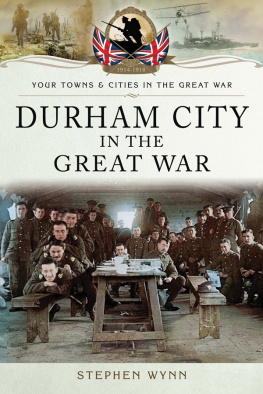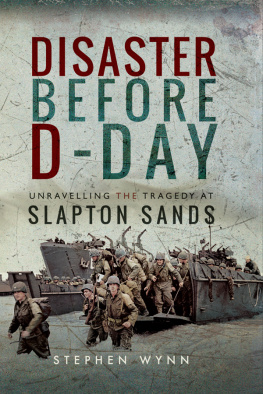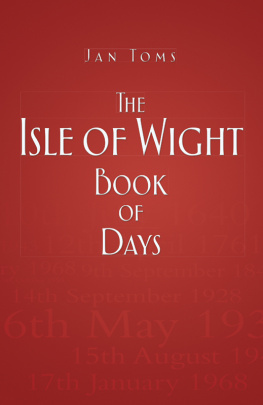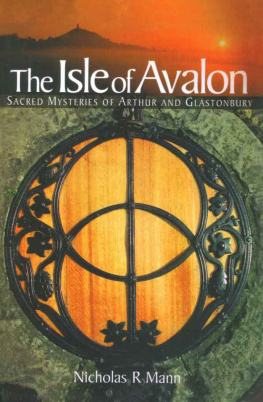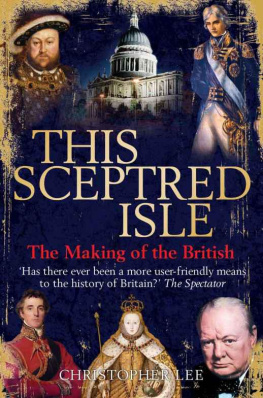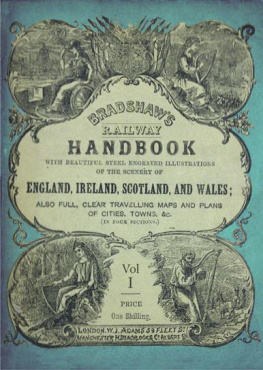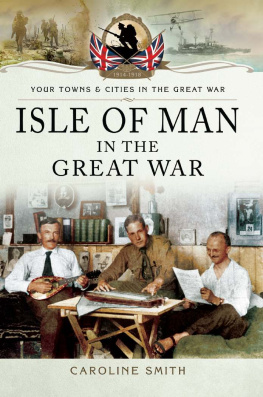Isle of Thanet
(Broadstairs Margate Ramsgate) in the Great War
It produces a flooding of the lungs; it is an equivalent death to drowning only on dry land. The effects are these: a splitting headache and terrific thirst (to drink water is instant death), a knife edge of pain in the lungs and the coughing up of a greenish froth off the stomach and the lungs, ending finally in insensibility and death. The colour of the skin from white turns a greenish black and yellow, the colour protrudes and the eyes assume a glassy stare. It is a fiendish death to die.
Lance Serjeant Elmer Cotton
describing the effects of chlorine gas in 1915
Isle of Thanet
(Broadstairs Margate Ramsgate) in the Great War
Stephen Wynn
First published in Great Britain in 2017 by
PEN & SWORD MILITARY
An imprint of
Pen & Sword Books Ltd
47 Church Street
Barnsley
South Yorkshire S70 2AS
Copyright Stephen Wynn, 2017
ISBN 978 1 47383 405 7
eISBN 978 1 47386 523 5
Mobi ISBN 978 1 47386 522 8
The right of Stephen Wynn to be identified as Author of this work has been asserted by him in accordance with the Copyright, Designs and Patents Act 1988.
A CIP catalogue record for this book is available from the British Library.
All rights reserved. No part of this book may be reproduced or transmitted in any form or by any means, electronic or mechanical including photocopying, recording or by any information storage and retrieval system, without permission from the Publisher in writing.
Pen & Sword Books Ltd incorporates the Imprints of
Pen & Sword Archaeology, Atlas, Aviation, Battleground, Discovery, Family History, History, Maritime, Military, Naval, Politics, Railways, Select, Transport, True Crime, Fiction, Frontline Books, Leo Cooper, Praetorian Press, Seaforth Publishing, Wharncliffe and White Owl.
For a complete list of Pen & Sword titles please contact
PEN & SWORD BOOKS LIMITED
47 Church Street, Barnsley, South Yorkshire, S70 2AS, England
E-mail:
Website: www.pen-and-sword.co.uk
Sources
Wikipedia
Commonwealth War Graves Commission
Ancestry.co.uk
British Newspaper Archive
www.ramsgatetown.org
www.naval-history.net
www.visitthanet.co.uk
blogs.redcross.org.uk
www.invisionzone.com
www.eastbelfastww1.com
www.wartimememoriesproject.com
www.findmygrave.com
www.ournottinghamshire.org.uk
www.ramsgateremembers14-18.co.uk
www.kenthistoryforum.co.uk
www.lifesofthefirstworldwar.org
www.anzacheroes.com.au
www.kentww1.com
www.somme-roll-of-honour.com
www.margatecivicsociety.org.uk
www.historylearningsite.co.uk
www.wrecksite.eu
www.theatlantic.com
About the Author
Stephen is a retired police officer having served with Essex Police as a constable for thirty years between 1983 and 2013. He is married to Tanya and has two sons, Luke and Ross, and a daughter, Aimee. His sons served five tours of Afghanistan between 2008 and 2013 and both were injured. This led to the publication of his first book, Two Sons in a Warzone Afghanistan: The True Story of a Fathers Conflict , published in October 2010.
Both Stephens grandfathers served in and survived the First World War, one with the Royal Irish Rifles, the other in the Mercantile Marine, whilst his father was a member of the Royal Army Ordnance Corps during the Second World War.
Stephen collaborated with Ken Porter on a previous book published in August 2012, German PoW Camp 266 Langdon Hills . It spent six weeks as the number one best-selling book in Waterstones, Basildon between March and April 2013. They have also collaborated on other books in this local history series.
Stephen has also co-written three crime thrillers which were published between 2010 and 2012, and centre round a fictional detective named Terry Danvers.
Isle of Thanet in the Great War is one of the numerous books which he has written for Pen & Sword in the Towns and Cities of The Great War series which commemorate the sacrifices made by young men up and down the country.
CHAPTER 1
History of the Isle of Thanet
To start with, a brief history of the district and its three main towns, Ramsgate, Margate and Broadstairs.
The Thanet area has a long and varied history dating back to at least 55BC, with the arrival in Ramsgate of the Romans, under the rule of the Emperor Claudius. This wasnt just a fleeting visit, they were here to stay, and twelve years later they returned in much greater numbers, but this time they were not just satisfied with taking Ramsgate, or Kent for that matter, they had come to conquer and occupy the whole of Great Britain. Their presence in Ramsgate has been confirmed over the years with different archeological finds, including burial sites and Roman tiles.
The Norsemen first arrived in the Kent coastal town of Ebbsfleet in 449AD. These Vikings obviously liked their new home and decided to stay. Back then Thanet was an island, separated from the rest of Kent by the Wantsum Channel.
Some fifty years later St Augustine, a Christian missionary from Rome, arrived on the shores of Kent. There is still a church in the town of Ramsgate that bears his name.
The Ramsgate of today came in to its own during the late 1600s and after the Glorious Revolution of 1688, which saw the overthrow of King James II from the throne by a union of Parliamentarians and the Dutch prince, William of Orange, later William III. The events which led to the change of monarch came about as a result of the birth of his son, James Francis Edward Stuart in June that year. The Kings leaning towards Catholicism and his friendship with France had caused much consternation amongst certain of his Protestant subjects. Prior to the birth of the young prince, King Jamess successor would have been his daughter, Mary, a Protestant, who was married to William of Orange, but once it was clear that James would replace his sister as the heir presumptive to the English throne, matters changed very quickly and James was exiled while Mary and her husband William were invited to take the throne.
The eighteenth century did not get off to a good start, as the Great Storm of 1703 saw the destruction of many of the Navys ships at anchor off Ramsgate. It would be another fortysix years before work began on a much-needed harbour, despite the town being a regular destination for shipping arriving on the south coast.
East India Company ships began landing in the towns harbour, which brought trade aplenty, from which in turn came wealth and prosperity. Throughout the eighteenth century the prosperity continued sufficiently for the town to have a public market, a market house and its own Poor House.
During the twenty-three years of the Napoleonic Wars with France, between 1792 and 1815, many thousands of British soldiers left these shores from the port of Ramsgate to go to war. It had become an important garrison town, with the harbours at both Folkestone and Dover, not even thought of in those days. In 1821 it acquired the title of Royal Harbour, an honour bestowed by King George IV, making it the only such harbour in the country at the time.





